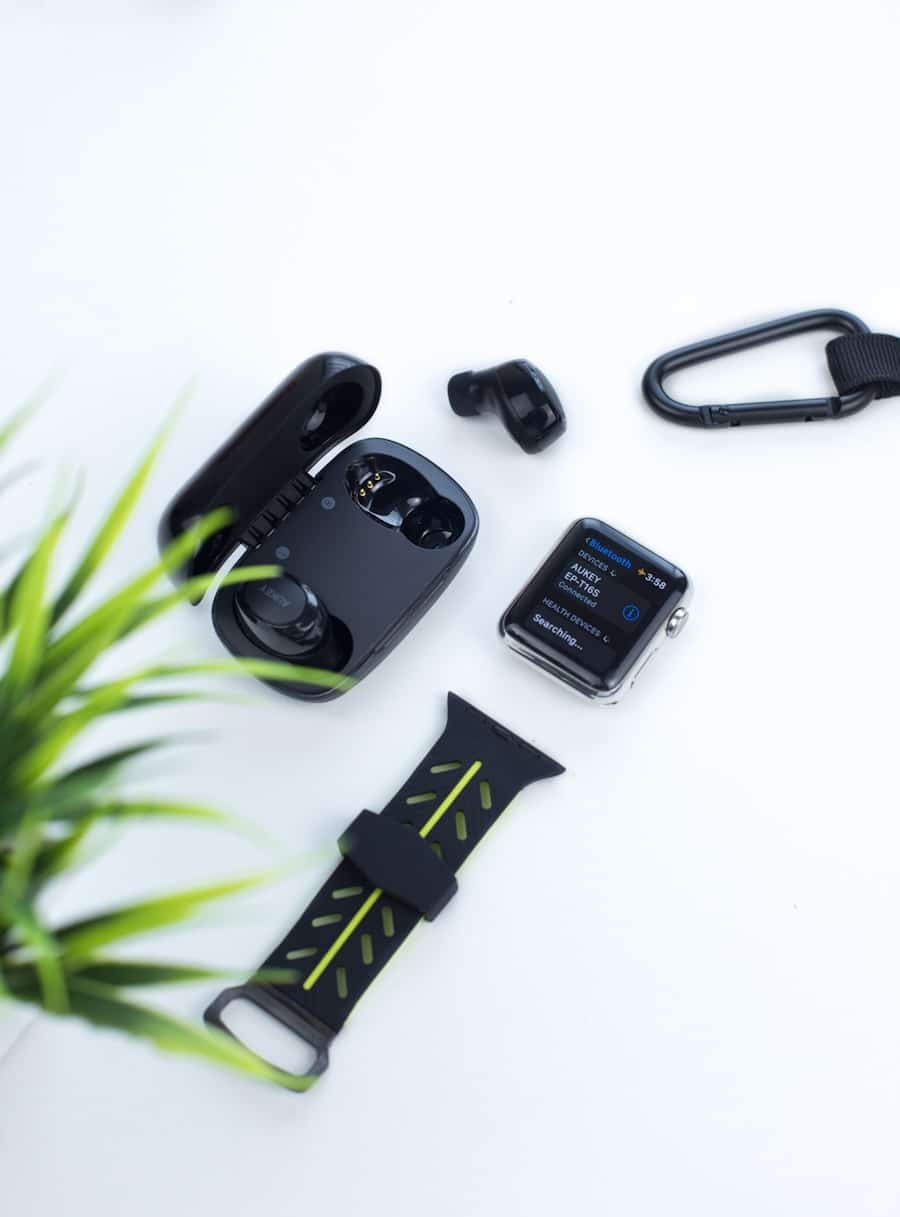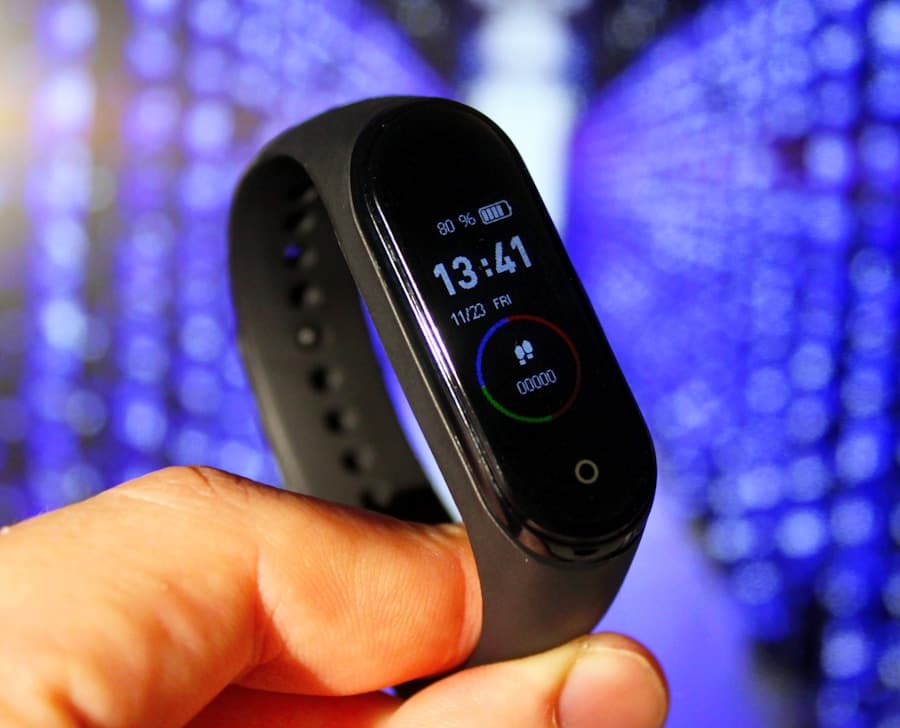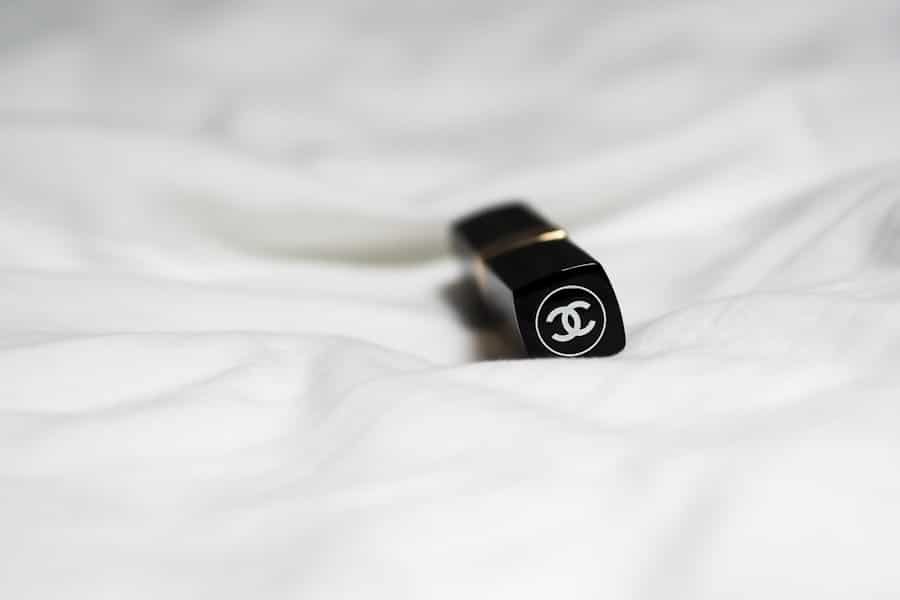In an era where health and wellness have taken center stage, the importance of sleep cannot be overstated. Sleep is a fundamental component of overall well-being, influencing everything from cognitive function to emotional stability. As awareness of sleep’s significance has grown, so too has the technology designed to monitor and improve it.
Sleep tracking has emerged as a popular feature in fitness trackers, allowing users to gain insights into their sleep patterns, duration, and quality. This technology not only helps individuals understand their sleep habits but also empowers them to make informed decisions about their health. The concept of sleep tracking is rooted in the desire to optimize rest and recovery.
By analyzing various metrics such as sleep stages, heart rate variability, and movement during the night, fitness trackers provide a comprehensive view of an individual’s sleep architecture. This data can reveal patterns that may be affecting sleep quality, such as disturbances or irregularities in sleep cycles. As a result, users can identify potential areas for improvement, whether through lifestyle changes, environmental adjustments, or even medical consultations.
The integration of sleep tracking into fitness devices represents a significant advancement in personal health management, making it easier than ever for individuals to prioritize their sleep.
Key Takeaways
- Sleep tracking is a useful feature in fitness trackers that helps users monitor their sleep patterns and improve their overall health and well-being.
- When choosing a fitness tracker for sleep tracking, look for features such as automatic sleep detection, sleep stage tracking, and heart rate monitoring during sleep.
- Popular fitness trackers for sleep tracking include Fitbit, Garmin, and Apple Watch, each offering unique features and accuracy in sleep tracking.
- The accuracy of sleep tracking in fitness trackers can vary, with some devices providing more detailed and reliable data than others.
- User experience and reviews of sleep tracking in fitness trackers can provide valuable insights into the effectiveness and reliability of the feature.
- Tips for improving sleep tracking with fitness trackers include wearing the device consistently, setting sleep goals, and using additional sleep aids or apps for better analysis.
- Potential limitations and drawbacks of sleep tracking in fitness trackers may include inaccuracies in data, discomfort wearing the device while sleeping, and reliance on technology for sleep management.
- In conclusion, when choosing the best fitness tracker for sleep tracking, consider the specific features and accuracy of sleep tracking, as well as user reviews and overall user experience.
Features to Look for in a Fitness Tracker for Sleep Tracking
When selecting a fitness tracker specifically for sleep tracking, several key features should be considered to ensure that the device meets individual needs. One of the most critical aspects is the ability to accurately monitor different sleep stages, including light sleep, deep sleep, and REM (rapid eye movement) sleep. Understanding these stages is essential because they play distinct roles in physical recovery and cognitive function.
A tracker that provides detailed insights into these stages can help users identify patterns and make necessary adjustments to improve their overall sleep quality. Another important feature is heart rate monitoring. Many fitness trackers utilize heart rate variability (HRV) as an indicator of sleep quality.
A lower HRV during sleep can suggest stress or inadequate recovery, while a higher HRV may indicate restful sleep. Additionally, features such as sleep score ratings can provide users with a quick overview of their sleep quality based on various metrics. Some advanced trackers even offer personalized recommendations based on the collected data, helping users to implement changes that could enhance their sleep experience.
Comparison of Popular Fitness Trackers for Sleep Tracking

The market is saturated with fitness trackers that boast sleep tracking capabilities, each offering unique features and functionalities. The Fitbit Charge 5 is one of the most recognized devices in this category. It provides comprehensive sleep analysis, including insights into sleep stages and a nightly sleep score based on duration and quality.
The device also includes a feature called Sleep Profile, which analyzes data over time to identify trends and offer personalized recommendations. Another strong contender is the Garmin Venu 2, which not only tracks sleep stages but also incorporates advanced metrics such as respiration rate and body battery levels. This tracker provides a holistic view of how daily activities impact sleep quality.
The Apple Watch Series 7 also offers robust sleep tracking features, including the ability to set bedtime reminders and track sleep trends over time. Its integration with the Apple Health app allows users to see how their sleep patterns correlate with other health metrics. In contrast, the Whoop Strap 3.0 takes a different approach by focusing on recovery rather than just sleep tracking.
It provides insights into how well users are recovering from workouts and daily stressors, with sleep being one of the key components of recovery. This device requires a subscription model but offers in-depth analytics that can be particularly beneficial for athletes or those engaged in high-intensity training.
Accuracy of Sleep Tracking in Different Fitness Trackers
The accuracy of sleep tracking varies significantly among different fitness trackers, influenced by the technology used and the algorithms employed for data analysis. Generally, devices that utilize advanced sensors—such as accelerometers and heart rate monitors—tend to provide more reliable data. For instance, studies have shown that Fitbit devices are often praised for their accuracy in distinguishing between different sleep stages compared to other brands.
However, discrepancies can still arise due to individual differences in physiology and sleeping habits. Garmin devices are also noted for their accuracy, particularly in tracking heart rate variability during sleep. This feature allows users to gain insights into their overall recovery status and stress levels.
However, some users have reported that Garmin’s interpretation of sleep stages may not always align with their subjective experiences of restfulness upon waking. On the other hand, while the Apple Watch offers a user-friendly interface and seamless integration with other Apple products, its accuracy in tracking specific sleep stages has been questioned by some users who feel it oversimplifies complex sleep patterns.
User Experience and Reviews of Sleep Tracking in Fitness Trackers
User experience plays a crucial role in determining the effectiveness of sleep tracking features in fitness trackers. Many users appreciate the convenience of having their sleep data readily available on their wrist or smartphone app. For instance, Fitbit users often highlight the intuitive design of the app, which presents data in an easily digestible format.
Users can quickly access their nightly scores and trends over time, making it simple to identify areas for improvement. However, not all feedback is positive. Some users have expressed frustration with discrepancies between their perceived quality of sleep and what their tracker reports.
For example, individuals who feel well-rested may find that their device indicates poor sleep quality due to factors like movement during the night or variations in heart rate. This disconnect can lead to confusion and skepticism about the reliability of the data provided by these devices. Garmin users often report satisfaction with the depth of analysis offered by their devices but may find the learning curve steep when it comes to interpreting complex metrics like body battery levels or stress scores.
Meanwhile, Apple Watch users appreciate its seamless integration with other health metrics but sometimes wish for more detailed insights into their sleep stages rather than just overall duration.
Tips for Improving Sleep Tracking with Fitness Trackers

To maximize the benefits of sleep tracking through fitness devices, users can adopt several strategies aimed at enhancing both the accuracy of data collected and the quality of their rest. First and foremost, establishing a consistent bedtime routine can significantly improve sleep quality. Going to bed and waking up at the same time each day helps regulate circadian rhythms, which can lead to more restorative sleep cycles that are easier for trackers to monitor accurately.
Additionally, creating an optimal sleeping environment is crucial. Factors such as room temperature, noise levels, and light exposure can all impact sleep quality. Users should consider using blackout curtains or white noise machines to minimize disturbances during the night.
Furthermore, limiting screen time before bed can help reduce blue light exposure, which has been shown to interfere with melatonin production and disrupt natural sleep patterns. Another effective strategy is to regularly review and analyze the data provided by the fitness tracker. By paying attention to trends over time—such as how exercise or dietary choices affect sleep quality—users can make informed adjustments to their routines.
Engaging with community forums or support groups related to specific devices can also provide valuable insights from fellow users who may have faced similar challenges.
Potential Limitations and Drawbacks of Sleep Tracking in Fitness Trackers
Despite the advancements in technology and the benefits offered by fitness trackers for monitoring sleep, there are inherent limitations that users should be aware of.
For example, some trackers may struggle to differentiate between light and deep sleep accurately or may misinterpret periods of wakefulness as light sleep.
Moreover, reliance on technology for health monitoring can lead to anxiety or obsession over metrics for some individuals. Users may become overly fixated on achieving perfect scores or optimizing every aspect of their sleep based on tracker data, which could inadvertently create stress rather than alleviate it.
Battery life is another consideration; many fitness trackers require regular charging, which can disrupt continuous monitoring if users forget to charge their devices overnight. Additionally, while some trackers offer advanced features like SpO2 monitoring or temperature tracking, these functionalities may not be available across all models or brands.
Conclusion and Recommendations for Choosing the Best Fitness Tracker for Sleep Tracking
When selecting a fitness tracker for effective sleep tracking, it is essential to consider personal preferences alongside specific features that align with individual health goals. Users should prioritize devices that offer comprehensive insights into various aspects of sleep quality while ensuring ease of use and comfort during nighttime wear. For those seeking detailed analytics and recovery insights, options like Garmin or Whoop may be more suitable.
Conversely, if simplicity and user-friendly interfaces are paramount, Fitbit or Apple Watch could be ideal choices due to their intuitive apps and community support features. Ultimately, understanding one’s unique needs—whether they involve detailed metrics or straightforward tracking—will guide users toward making an informed decision that enhances both their health journey and overall well-being through improved sleep quality.
If you’re interested in the impact of social media on our daily lives, you may want to check out this article discussing what we can learn from Instagram’s founders’ return to the social media scene. It offers valuable insights into the evolution of social media platforms and their influence on society. Additionally, if you’re looking for a personalized AI assistant to help you stay organized and productive, you might want to explore MyAI Account. And if you’re in the market for a new laptop with advanced features, consider reading about the Samsung Galaxy Chromebook 2 to see if it meets your needs.
FAQs
What is a fitness tracker?
A fitness tracker is a wearable device that monitors and tracks fitness-related metrics such as steps taken, distance traveled, calories burned, and sometimes sleep patterns.
What is sleep tracking?
Sleep tracking is the process of monitoring and recording a person’s sleep patterns, including the duration and quality of sleep, as well as any disruptions or disturbances during the night.
Why is sleep tracking important for fitness trackers?
Sleep tracking is important for fitness trackers because it provides valuable insights into a person’s overall health and well-being. Adequate and restful sleep is essential for physical and mental recovery, and can impact fitness and performance.
Which fitness tracker offers the best sleep tracking?
The best fitness tracker for sleep tracking can vary depending on individual preferences and needs. Some popular options known for their sleep tracking capabilities include Fitbit, Garmin, and Apple Watch.
What features should I look for in a fitness tracker for sleep tracking?
When choosing a fitness tracker for sleep tracking, look for features such as automatic sleep detection, detailed sleep stage analysis, heart rate monitoring during sleep, and the ability to provide personalized insights and recommendations based on sleep data.

